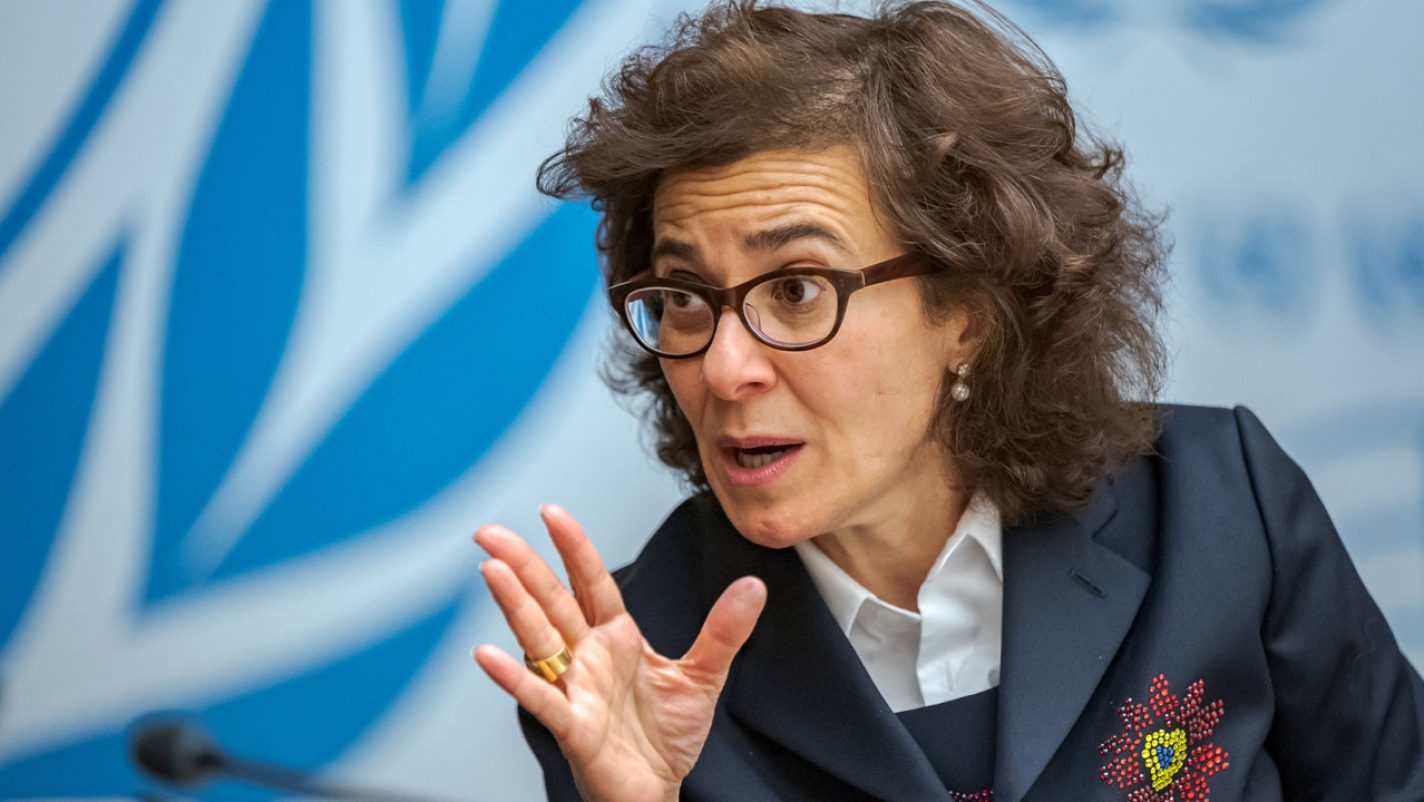The United Nations warned Friday that all sides in Ethiopia’s 13-month conflict were committing severe abuses, and cautioned that generalised violence could ensue, with implications for the entire region.
Speaking before the UN Human Rights Council, deputy rights chief Nada Al-Nashif warned that the risk in Ethiopia “of increasing hatred, violence and discrimination is very high.”
This, she said, could allow the already brutal conflict to “escalate into generalised violence, (with) major implications, not only for millions of people in Ethiopia but also across the region.”
Her comments came at the start of an emergency council session to address the spiralling conflict which the UN says has left thousands dead, displaced more than two million people and pushed hundreds of thousands to the brink of famine.
The session was requested by the European Union, with the support of more than 50 countries, urging the body to “stand up to its responsibilities”.
“The international community has a moral obligation to try to prevent further atrocities and ensure accountability and justice for victims and survivors,” Lotte Knudsen, the EU ambassador in Geneva said in a statement earlier this week.
The EU and others are pushing for the council to launch an international investigation into abuses committed in the country since Prime Minister Abiy Ahmed sent troops into Tigray in November 2020 after accusing the region’s dissident ruling party of attacks on federal army camps.
The Nobel Peace laureate declared victory over the Tigray People’s Liberation Front, but rebel fighters staged a shock comeback, recapturing most of Tigray and pushing into neighbouring Afar and Amhara.
The rebels reportedly reached around 200 kilometres (125 miles) outside of Addis Ababa by road, but in recent weeks the battle lines have shifted as pro-government forces have reclaimed strategic towns.
During Friday’s session, the EU will present a draft resolution calling on the council to create “an international commission of human rights experts on Ethiopia” to investigate a wide range of alleged violations and abuses by all sides in the conflict.
The team of three experts should seek to “establish the facts and circumstances surrounding the alleged violations and abuses, to collect and preserve evidence, and to identify those responsible.”
Ethiopia’s government has slammed the decision to hold the special session and has urged countries to vote against the draft text.
A joint investigation by the UN rights office warned last month that possible war crimes and crimes against humanity had been committed by all sides during the Tigray conflict.
And Al-Nashif said Friday that the rights office had since then continued “to receive credible reports of severe human rights violations and abuses by all parties.”

